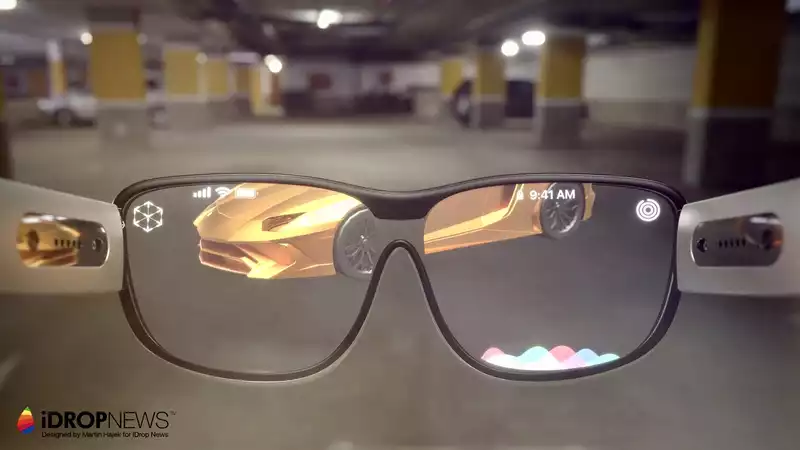Update: A recent Apple patent seems to show how Apple Glass can tackle privacy from the perspective of iPhone users
One of the many problems with Google Glass was the fear of privacy violations When someone films you with their cell phone, it is obvious that you are on camera and you can ask them to leave, hide their face, or stop filming With Google Glass, the only clue that an image was being captured was a small light on the camera
Apple seems to have taken this controversy into consideration with Apple Glass, the smart glasses that the iPhone maker plans to release; a new patent discovered by Patently Apple can make the recording obvious to bystanders who wish not to be seen by the camera Several methods are being explored
One option Apple has considered is to make the camera module removable Not only would the absence of the camera module make it clear to the wearer that it is not available for filming, but it would also make the frame lighter for those not interested in recording their daily lives
As Apple points out, this would avoid the problems found when Google Glass Explorer was banned from movie theaters The patent states, "The modular accessory would allow venues such as bars and movie theaters to ban modular accessories, while allowing HMD frames (without accessories) to be brought into the venue"
But what about when the camera module is installed? Like Google, Apple imagines using lights to indicate that the device is recording, but unlike the original smart glasses, trying to get around this could simply ensure that the camera does not work
The patent describes how the camera's lights pulse in an encrypted pattern and the lens captures reflections of the recorded environment If the camera cannot detect the pattern, the recording is invalid according to the patent The patent explains, "If an encrypted pattern cannot be detected (eg, because the user has blocked or disabled the LED), the controller can disable recording of the video captured by the camera"
Apple combines these two alternatives and proposes another option in which the camera is always integrated but disabled unless a modular key is attached to the frame In this case, the presence of a camera would alert others to the possibility that they are being filmed The patent explains, "In either case, the presence of the modular attachment can indicate to those around you that you may be being recorded"
Of course, the patent does not always indicate a technology that will be commercialized, but given Apple's great concern for privacy in recent years, it is not surprising that it would consider this sort of thing
Apple Glass is widely expected to be commercialized at some point in the future, but the question of when that date will be is usually dividing informants; Apple analyst Ming-Chi Kuo has said that we won't see the product until 2022 "at the earliest" This seems to support The Information's report suggesting a 2023 release
Meanwhile, John Prosser predicted last year that the wearable device would be available "March-June 2021 With only a few days left until this prediction comes true, it seems highly unlikely, but that does not mean that an announcement later this year is impossible Time will tell










Comments